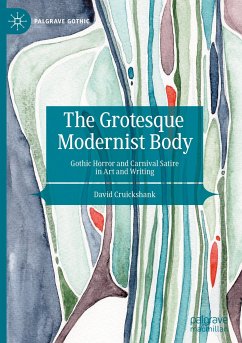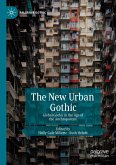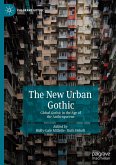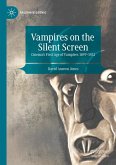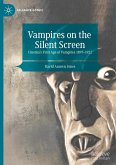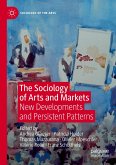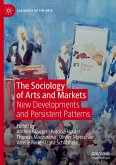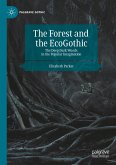The Grotesque Modernist Body explores how and why modernist authors drew on the traditions of the grotesque body in order to represent modern reality accurately. The author employs the concept of the grotesque body as a theoretical framework with which to examine rigorously a range of modernist novels, poems and visual media by Conrad, Lewis, Eliot and Barnes, alongside their historical contexts and theories of humour and horror. This monograph challenges the prevailing narrative of modernism's abstract, psychological and impersonal 'inward turn' by tracing its mechanical-animal hybrid bodies back to
the medieval carnival satire of Rabelais, the gothic horror of the long nineteenth century, from Hoffmann, Shelley and Poe, to H.G. Wells and Henry James, and the uncanny, dreamlike art of Goya and Rousseau.
the medieval carnival satire of Rabelais, the gothic horror of the long nineteenth century, from Hoffmann, Shelley and Poe, to H.G. Wells and Henry James, and the uncanny, dreamlike art of Goya and Rousseau.

